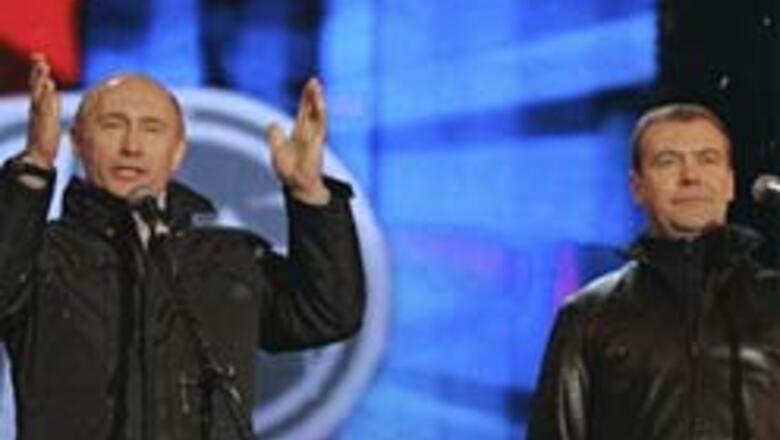
views
Moscow: Dmitry Medvedev, the man Vladimir Putin hand-picked to be his successor, scored a crushing victory in Russia's presidential election Sunday, a result that was long anticipated but that still raises questions about who will run this resurgent global power.
Medvedev had more than 70 per cent of the vote with 97 per cent of the precincts counted, according to the Central Election Commission. He is expected to rule in concert with his mentor, an arrangement that could see Putin calling the shots despite his constitutionally subordinate position as Russia's prime minister.
Medvedev, 42, the youngest Russian ruler since the 1917 Bolshevik Revolution, is expected to heed Putin's advice, continue his assertive course with the West, maintain state control over Russia's mineral riches and freeze out real opposition movements.
''We will increase stability, improve the quality of life and move forward on the path we have chosen,'' Medvedev said Sunday, appearing alongside Putin at a celebration at the Red Square outside the Kremlin. ''We will be able to preserve the course of President Putin.''
Putin said Medvedev ''has taken a firm lead'' and congratulated his protege.
''Such a victory carries a lot of obligations,'' Putin said. ''This victory will serve as a guarantee that the course we have chosen, the successful course we have been following over the past eight years, will be continued.''
Medvedev ran against three rivals apparently permitted on the ballot because of their loyalty to the Kremlin line. But the two candidates -- Communist Party chief Gennady Zyuganov and ultranationalist Vladimir Zhirinovsky -- still alleged violations after the voting ended.
Zyuganov, Medvedev's nearest challenger with 18 percent, said he would dispute the result. Zhirinovsky threatened to do so as well before backing down.
Some voters complained of pressure to cast ballots for Medvedev, and critics called the election a cynical stage show to ensure unbroken rule by Putin and his allies.
Sunday's vote came after a tightly controlled campaign and months of political maneuvering by Putin, who appeared determined to keep a strong hand on Russia's reins while maintaining the basic trappings of electoral democracy and leaving the constitution intact.
Medvedev has said he would propose making Putin his prime minister, and Putin has said he would agree. But in Russia, the premier wields significantly less power than the president, and Putin may find his new chair narrow and confining.
At a news conference early Monday, Medvedev was asked who would run foreign affairs -- him or the prime minister. ''Under the constitution, the president determines foreign policy,'' he said.
After eight years in the international limelight, Putin may miss the job of representing Russia in gatherings of world leaders.
The first test could be the July summit of Group of Eight leading industrialized nations: If Putin goes alone or accompanies Medvedev, that could signal his reluctance to relinquish control.
Russia had two rulers -- a diarchy -- in the 17th century, when the first Romanov czar, Mikhail, served along with his father, Patriarch Filaret. In the early 1920s, Josef Stalin briefly shared power with Vladimir Lenin, the Bolshevik leader and founder of the Soviet state.
The Putin-Medvedev tandem could encourage a revival of classic Kremlinology. During the Soviet era, Western experts painstakingly studied power shifts in the Kremlin by noting minute details of the public appearances of Communist Party leaders.
In particular, they looked for signs of tension or bad blood in body language, and of rising or falling influence based on where they stood on Lenin's Tomb during annual parades in Red Square.
Putin already has shown signs of discomfort with his new role as subordinate to his protege.
When a reporter at his last news conference in February asked him whether he would put the new president's portrait on his office wall, Putin answered dryly that he doesn't need to make such displays of loyalty.
Some officials who know Medvedev say privately that he is tougher than his appearance and demeanor may suggest and could show more resolve after his inauguration.
Medvedev has taken a liberal and pro-business posture during the campaign, avoiding Putin's harsh anti-Western rhetoric. But critics point that he helped engineer Putin's crackdown on political and media freedoms as one-time Kremlin chief of staff.
He also spearheaded the Kremlin's concept of making Russia an ''energy superpower'' as chairman of Gazprom state gas monopoly, strong-arming former Soviet neighbors and expanding Russia's control of Europe's energy supplies. Medvedev's landslide victory would give him the stature to defy Putin, in case of any potential rift with his mentor.
While most expect Medvedev to play second fiddle to Putin, the vast powers of the Russian presidency may tempt him to step out of his mentor's shadow.
Russian history shows that rulers often like to get rid of those who backed their ascent to power. Boris Berezovsky, who backed Putin's rise to power, fled abroad to escape money-laundering charges several months after his election.
Medvedev is the first Russian leader to succeed his predecessor according to a constitutional timetable; Putin became acting president first after Russia's first President Boris Yeltsin stepped down early, and only later won election.
But Medvedev's election was not a wide-open contest either.
Liberal opposition leaders Garry Kasparov and Mikhail Kasyanov were barred from running on technicalities, and voters across Russia say they were being urged, cajoled and pressured to vote in an effort to ensure that Medvedev scored a major victory.
Kasparov held his own protest against the election Sunday near Red Square. Escorted by a dozen riot police, he carried a plastic shopping bag that read: ''I am not participating in this farce.''
Polling stations offered enticements to voters: discounted food, office supplies, tickets to concerts. The enticements echoed the practices of the Soviet era, when hard-to-get items were available during carefully staged elections.
In a post-Soviet touch, some polling stations were set up in shopping malls.
The head of an independent Russian election monitoring group, Golos, said her organization was receiving a steady stream of complaints and reports of irregularities, including blatant attempts to influence voters and voters being ''bought off.''
''Most of problems appear to be occurring at the local level'' in the provinces, where there is little scrutiny, Liliya Shabanova said.
Sofia, 25, a history teacher in a school in southwestern Moscow, said the principal required her and her colleagues to cast ballots at a polling station at the school.
''This is terrible; they are not leaving us any choice,'' said Sofia, who declined to give her last name out of fear of losing her job. She said she destroyed her ballot in protest.
Timofei Ryumin, 38, a doctor who lives in Russia's westernmost region, the Baltic city of Kaliningrad, said Medvedev's campaign seems ''planned and coherent'' and voted for him despite disappointment in the Kremlin's unfulfilled promises to provide cheaper housing for families like his.
''I don't see alternative leaders who could hold a firm grip on power,'' he said.











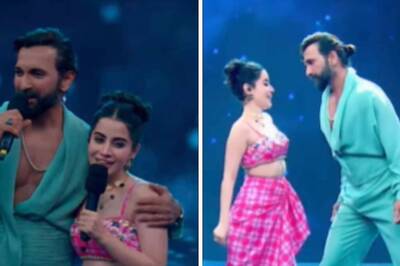




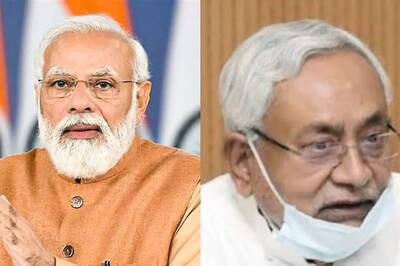
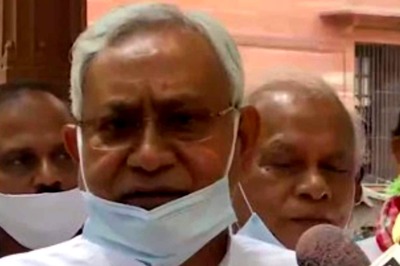
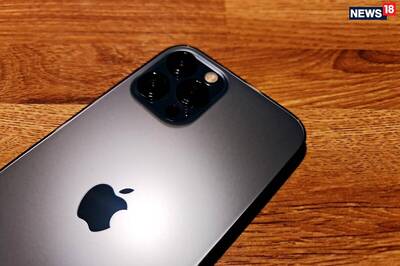
Comments
0 comment